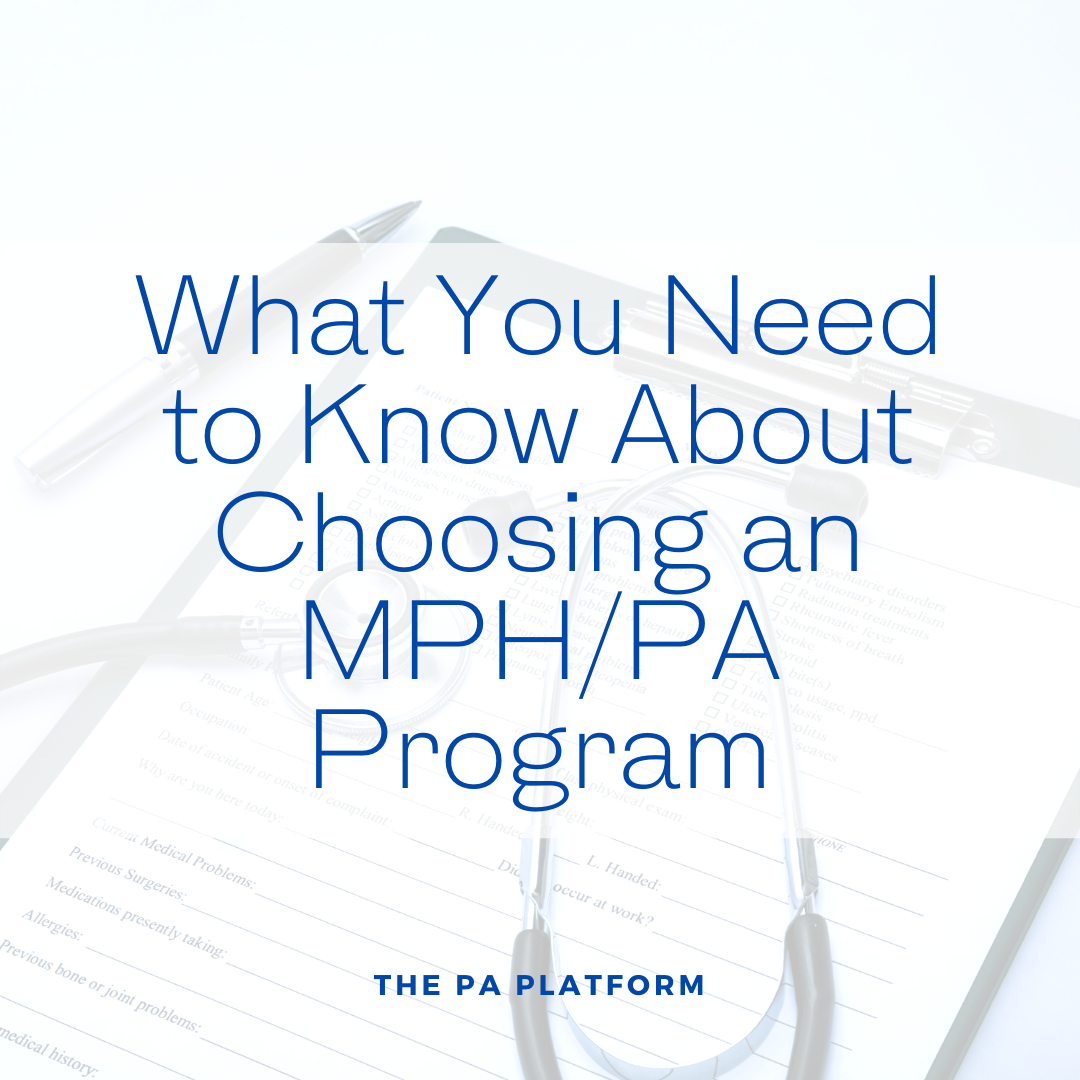There's no denying that gaining admission to PA school is becoming increasingly competitive every year. While we can discuss what you can do to become the best applicant possible, many believe it's impossible to go straight from undergrad into PA school. And that's not true! You can find many of these stories in our "Accepted!" post series, and I was one of these students myself. There are still plenty of applicants who are accepted into PA school while finishing their degrees, and you can take some actions if that is your goal.
Once I decided I wanted to go to PA school, my priority shifted to making sure I was meeting all of the requirements, and that I would have them complete in time to apply during my senior year. This meant taking a CNA course on the weekends so I could gain some hands-on patient care experience. (Find programs in your area now!) I had to be very organized when it came to choosing courses, and I had to take some summer classes to meet the deadlines. While that meant giving up some of my free time, it was all worth it once I was accepted to PA school. At one of my interviews, an interviewer even commented that for my age, my application was impressive. It was nice to hear that they took the fact that I was still a full-time student into consideration when comparing me to people who had many more hours than I did.
Go ahead and make a list of the programs you're interested in, and figure out what you'll need to meet their requirements. That will help you in making a plan. You could also consider a Pre-PA Assessment if you're unsure of what you should do to become competitive. Each program is different so that may take some time. They should have this information listed on their websites. If that seems daunting, you can find all of the program's requirements and stats condensed into the Applicant's Manual of Physician Assistant Programs (affiliate link).
When it does come time to apply, make sure you get your applications in early. That's one of the best ways to ensure that your spot for an interview because most programs have rolling admissions. That means they look at applications as soon as they are complete and start giving out interviews and filling the class, even if it's before the deadline. On your application, and in your personal statement, it's important to show that even though you are a younger applicant, you are mature and ready to take on PA school. This will be important in the interview as well.
Even if you feel like you've done all of these things, it's best to go into an application cycle planning to reapply. Keep working on every part of your application in the event that your first attempt is not successful. If you've put in the necessary work and you can successfully say that you meet the requirements of the programs you're applying to, be confident. There are definitely still plenty of students being accepted straight out of undergrad. If you decide to take a gap year, that's okay too! You've got to do what works best for you, and don't let others discourage your plans.






























